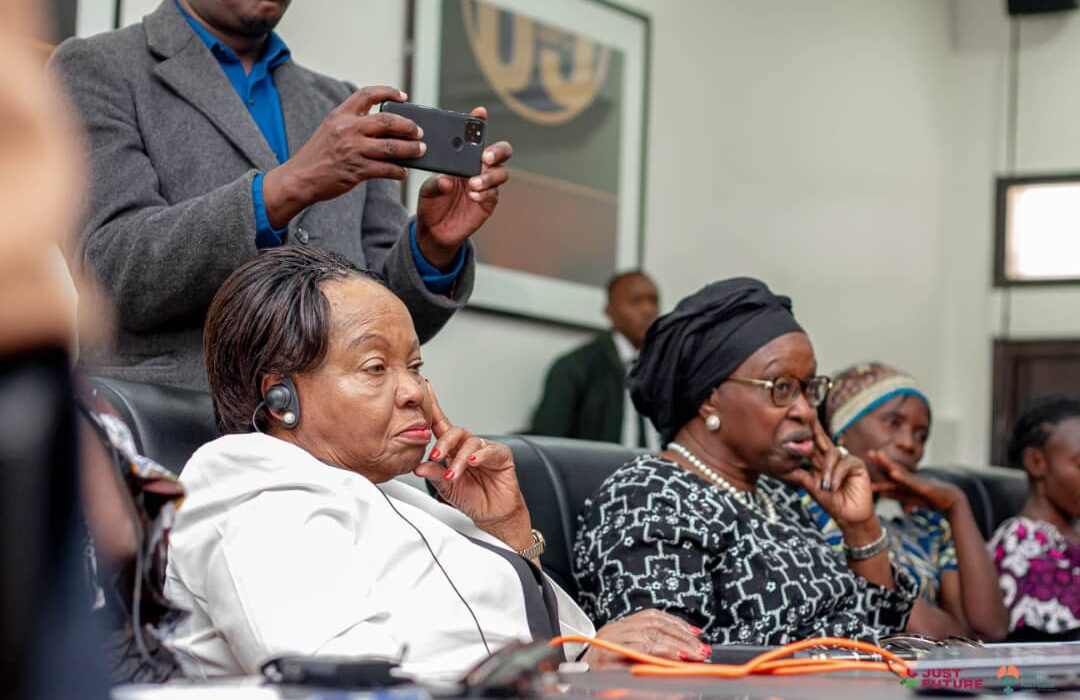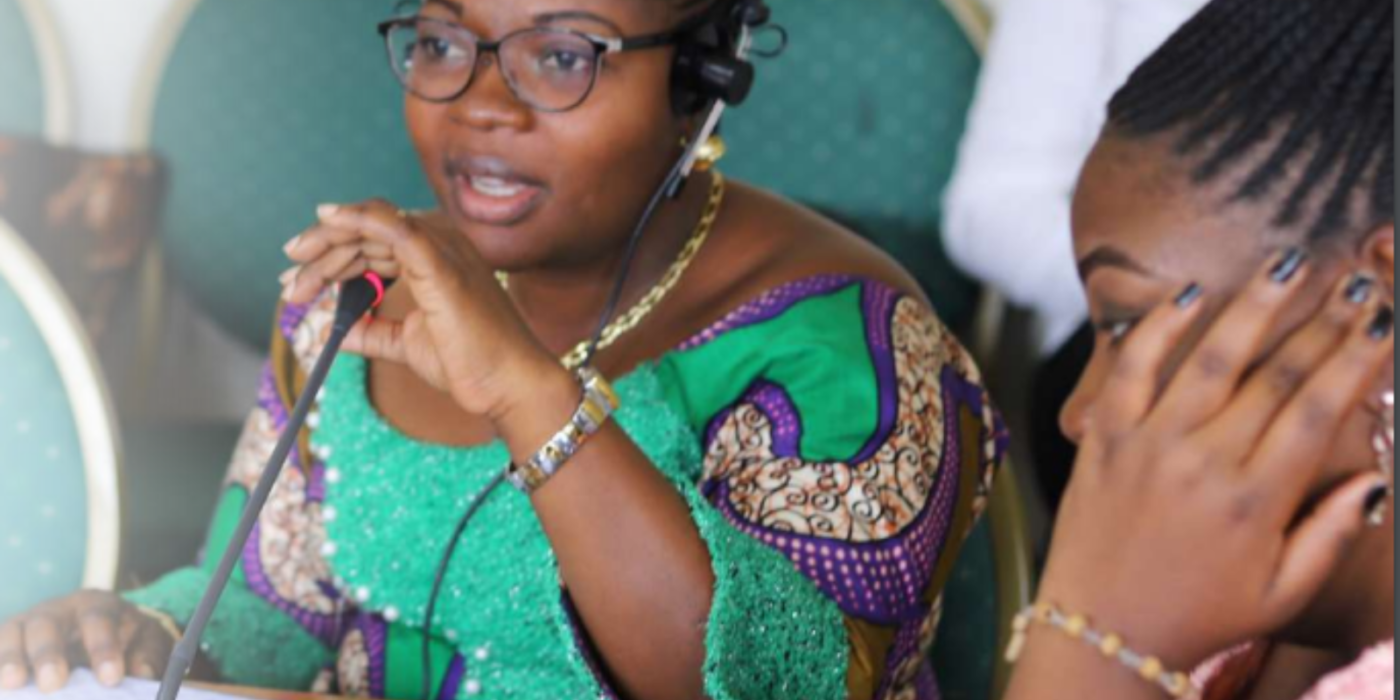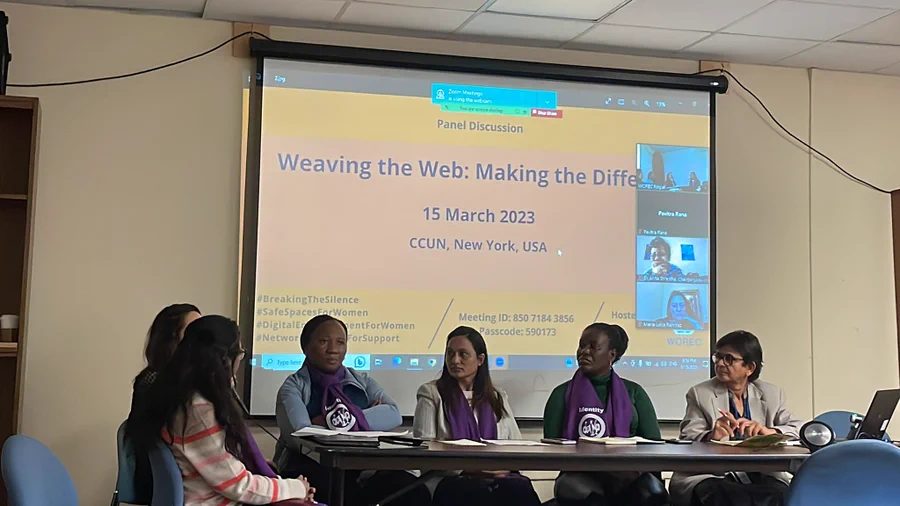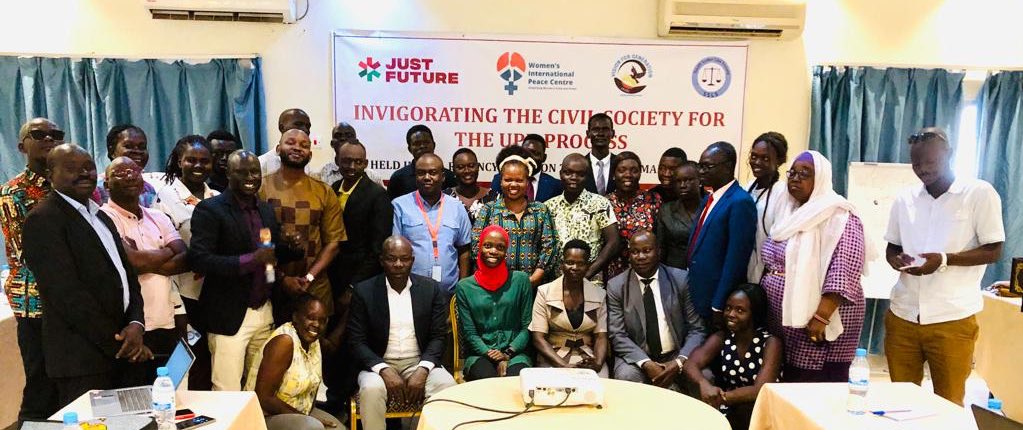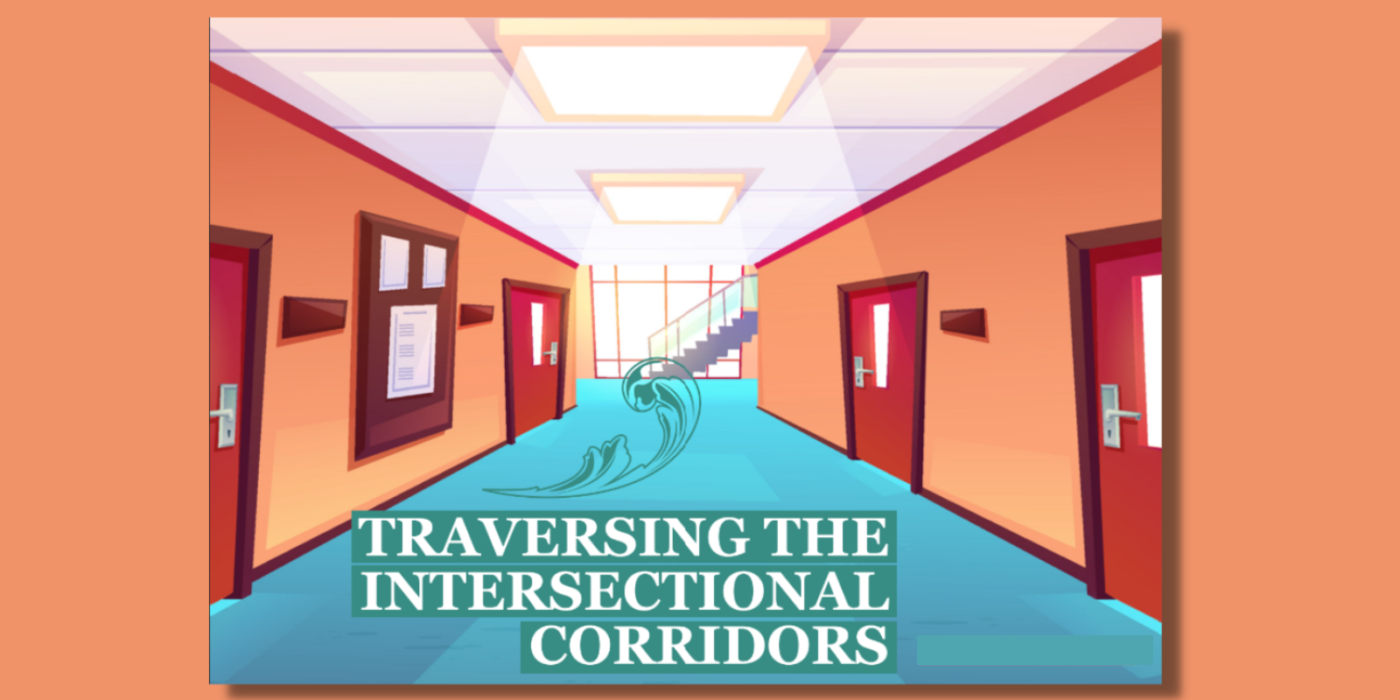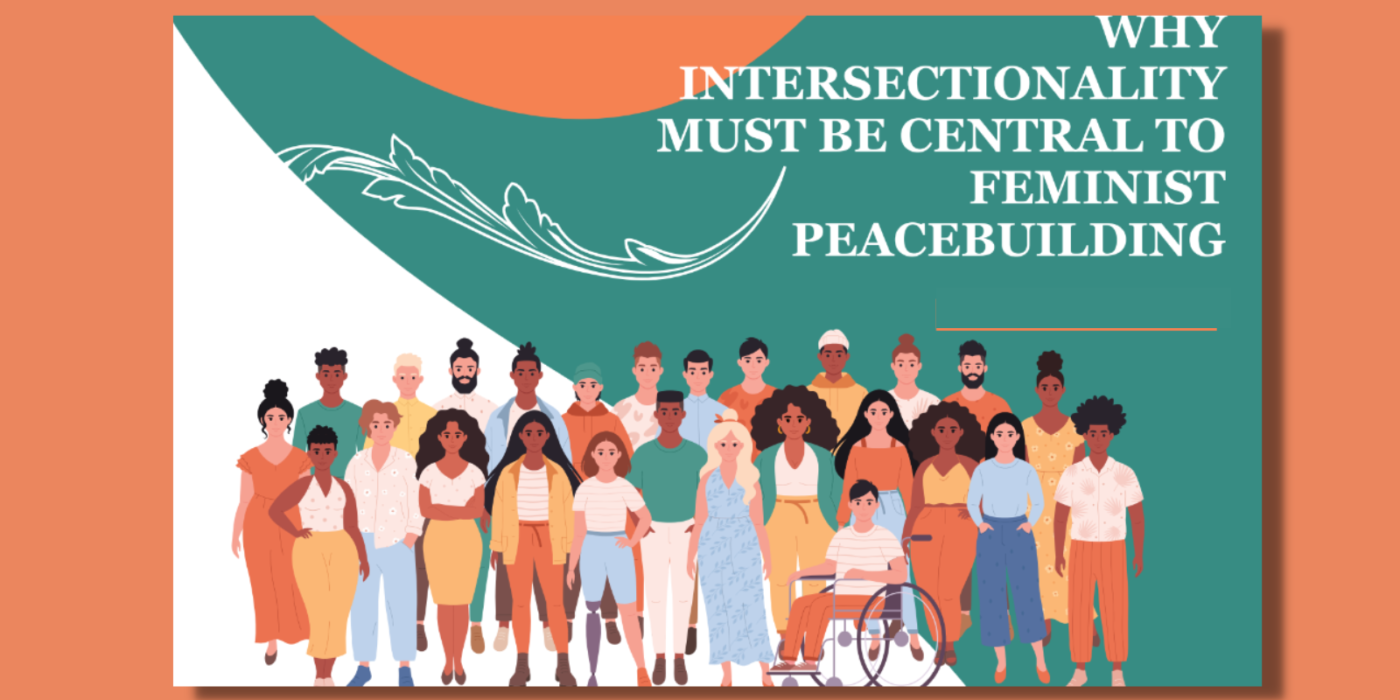By: Pauline Kahuubire
Election periods often confirm how deeply sexist countries are and also provide proof that discrimination against women and marginalised groups continue to exist.
In Uganda’s case, matters of concern to women were notably absent during the 2021 presidential campaigns. How is it that political issues were addressed but
the needs and demands of half of the country’s population were not taken into consideration?
There are some bright spots. Imagine if women were included in every phase of the electoral cycle, including maintaining peace during the process by interrogating patriarchal norms and other structural inequalities that are usually at the heart of disputes and conflict.
Imagine a mechanism that allowed women to participate in the political sphere from a peacebuilding perspective, and not just as a mere boxticking exercise but one that promoted and valued the power of their agency in fragile, conflict and post-conflict settings. A place where women’s participation in mediation and conflict resolution was not based on perceived gender roles but on their ability to be valuable agents of change and where they were at the helm of peacebuilding
efforts during electoral processes.
Enter the Women’s Situation Room (WSR) Uganda, whose aim is to promote the full and active participation of women and youth in ensuring peaceful elections in Uganda through a model of peace for and by everyone. The WSR was first established in Liberia in 2011 by the Angie Brooks International Centre (ABIC) and has since then been replicated in Guinea-Bissau in 2014, Kenya and Mali in 2013, Nigeria 2015, Senegal and Sierra Leone in 2012, Ghana in 2020 and Uganda in 2016 and recently 2020/21.

This is a women-led early warning and rapid response mechanism to electoral violence in Africa that has been recognised by both the UN Security Council and at the African Union as a best practice for prevention of violence through constructive dialogue with stakeholders and peace advocacy.
This article describes the role of the WSR Uganda 2021 in promoting peace before, during and after the recently held general elections
It is not news that women are less likely than men to participate in politics in Uganda. Since colonial times, a gap has existed and is gradually thinning but not as fast as women would like it to. It is difficult for some women to attend community meetings, contact elected officials, join men in raising public issues, and express partisan preferences or even vote.
When they choose to participate actively on the political scene and contest for office, some of their campaigns are marked by harassment and violence directed towards them and in many cases, the majority opt out because of the fear of the impact of this violence, beyond physical harm.
A good example is the case of a woman who contested for the Bushenyi Woman Member of Parliament seat in the recent (2021) elections but later dropped out after being intimidated by her family members.
Even with the same level of education as men, work experience, age and level of interest in political affairs, women’s participation in electoral processes is still limited. There is no better example of this than the deliberate exclusion of women from public discussions on political and electoral issues in the mainstream media of the country.
This is considered exhaustive lists of women who can engage in such discussions have been supplied but are ignored repeatedly. When attempts are made to include women in the conversation, it is the same speakers or thought leaders who are recycled and while all this may seem trivial, this gap has severe consequences on the representation of diverse women’s priorities.
As such elected officials and voters are less likely to be well appraised of different women’s concerns, which should inform policies due to the absence of more representative and inclusive voices.
Landmark frameworks such as the UN Security Council Resolution 1325 affirm the important role that women play in the prevention and resolution of conflicts.
The Protocol to the African Charter on Human and Peoples’ Rights on the Rights of Women in Africa also known as the Maputo Protocol that was ratified by Uganda in 2010 underscores women’s contribution to peace and security processes.
The instruments recognise that women are gravely affected by conflict, and to address this, women should play a key role in achieving lasting peace after conflict by participating in decision-making processes. They acknowledge the relationships between women, fragility and the struggle for peace.
Similarly, WSR Uganda acknowledges that instability during elections has unique impacts on women and girls and that their contributions are central to building peace and security during the electoral processes.
Waging Peace
Even though elections were primarily conceived to allow a country’s citizens to make collective decisions about their leaders, too often, force is employed by different actors to influence the electoral process and its outcomes.
The outbreaks of physical violence that occur can undermine the legitimacy of the process and have lasting impacts on the population especially vulnerable groups such as women and children.
In Uganda, general elections have previously been marred by reports of voter intimidation, violence and gross violations of rights to assembly, association and expression.
In 2016 there were reports of threats and antagonistic rhetoric from politicians and a tense environment in fear of the aftermath if voting results were
contested. The 2021 elections were no different.
Some might argue that the situation was considerably worse when compared with past elections, as outbreaks of violence against candidates and voters were observed and reported.
Until the establishment of the Women’s Situation Room in 2016, concerted efforts to ensure that all stages of the election cycle were free of violence were minimal. Whereas some interventions existed, there was a void in terms of understanding the dynamics around electoral violence and consequently, the development of comprehensive strategies to ensure that peace is advanced during the process.
For instance, some focused on the period during and after but not the period of phase before the elections. Further, the existing mechanisms did not galvanise the wider role women play in electoral processes beyond just participating as voters and candidates.
The WSR goes beyond including women as the community’s less threatening nurturers who are more inclined to engage in dialogue compared to men who are often at the head of a conflict.
The WSR reinforces the role of women as key components of strong coalitions for peace. The WSR also affirms that women in Uganda are a peacebuilding force deserving of an equal space across all sectors of peacebuilding.
The WSR Uganda recognises that the causes of election violence are both systemic and structural and that election violence in Uganda usually manifests in the forms of physical, emotional or psychological and sexual violence, all of which impact individuals differently.
Sexual and gender based violence has been observed to escalate during elections due to different political views among men and women which is compounded by unequal power at the household and community level.
The WSR, therefore, acknowledges that there are no quick fixes to averting violence during elections because the causes of such violence are deeply ingrained issues that need to be interrogated continuously, as well.
As such, prevention of electoral violence is a long-term initiative that requires a comprehensive approach to ensure that such violence is minimised and that citizens peacefully perform their civic duty.
The Women’s Situation Room Uganda approach and activities are steered by a group of non-partisan, neutral and well respected women, referred to as the
Eminent Women, who advocate for peace, intervene and mediate to avert electoral conflict and violence.
The Eminent Women also engage with electoral stakeholders including the Electoral Commission, political parties, the police, the army the Uganda Human Rights Commission and the InterParty Organization for Dialogue to ensure that they each play their role in conducting peaceful elections.
During the 2021 presidential and parliamentary elections, the Eminent Women hosted four ‘physical rooms’ in four different regions across the country, namely, Gulu, Soroti, Mbarara and Kampala, where they received and dealt with 2,038 calls reporting violent incidents through the WSR call centres.
In many cases their response, stopped violence and threats of violence, thus contributing to generally peaceful elections in the country.
The Eminent Women-led stakeholders through the process of pledging to pursue peace by encouraging them to sign the ‘WSR Peace Cloth’ as a sign of their commitment to work for peace irrespective of the outcome of the election.

Closely working with the Eminent Women, and guiding the activities of the WSR is a 15-member Steering Committee comprised of women’s rights organisations representing women from diverse backgrounds and working on a spectrum of issues such as good governance, women’s leadership, violence against women and peacebuilding, under the leadership of Uganda Women’s Network (UWONET), with the Women’s International Peace Centre (The Peace Centre) serving as the WSR Secretariat.
The establishment of the Steering Committee guaranteed the broader engagement of diverse women represented in civil society in ensuring that elections were conducted peacefully by as many stakeholders as possible.
Before the elections, the organisations of the members of the Steering Committee conducted Assessment Missions in 30 districts to establish electoral processes, the status of preparation, and the potential for violence. The findings of the assessment guided the planning for the different activities of the WSR in the build-up to the general elections.
Secondly, WSR Uganda also provided an opportunity for women and youth, including persons with disabilities, to monitor peace and the polling process as peace advocates and election observers within their communities.
In the last quarter of 2020, about 1,500 women and 1,500 youth leaders were trained in conflict resolution and peace-building and equipped with skills to promote peace and de-escalate tensions that might have resulted in violence in their communities.
An additional 1,500 women were trained as election observers to observe the polling process and report any anomalies to the WSR toll-free lines, in each of the four physical rooms, for action by the Eminent Women.
In an election where young people played a remarkable role in political mobilisation, the involvement of youth by the WSR drew on their potential to positively contribute to their communities, not just for peace and security, but also for sustainable development if they are to be recognised as political actors.
To quash the use of hate speech and other actions that could have ultimately led to violence, peace messaging was adopted by the WSR through a multimedia campaign that encompassed both traditional and modern media. Messages aimed at encouraging citizens to prioritise peace and avoid any situations that may threaten that peace, the Eminent Women and influential leaders from religious institutions and the informal sector, to mention but a few, were broadcast on television, radio and social media platforms.
The WSR engaged and trained the journalists and media practitioners to leverage the power of the media to promote peace through responsible and gender sensitive reporting.
These are simply a few of the approaches that the WSR used to ensure that Ugandans went to and participated in non-violent polls in 2021.
The Women’s Situation Room mechanism has demonstrated that the mitigation of electoral violence plays a large role in generally maintaining the peace before, during and after the elections.
An Uphill Climb
It has not all been a bed of roses. Community peacebuilding during conflict-prone elections, with women at the centre of the process, remains a daunting task.
A key challenge faced during the period is that women are often not perceived to have the skills, knowledge or social status needed to bring about change in conflict environments. Women are still seen as victims of conflict as opposed to change agents.
Changing this requires a shift in how the role of women is viewed by all electoral stakeholders and the general public. Emphasis must be placed on the quality of women’s involvement and their ability to create transformation both in peace making and peacebuilding and their impact recognised.
Women must be engaged right at the very beginning of peace processes for lasting impact.
The Face of Conflict Transformation is Female
Some may be inclined to think that the peace work of women and youth of the WSR mechanism is not transformative but reports indicate that the peace advocacy work was empowering and also helped transform community dynamics for the better.
Throughout the process, new issues for reconciliation have been raised such as conflicts between the young and the old, those living in urban areas and those in
rural areas, and so many more. The efforts of community peace advocates were without doubt, essential to peacebuilding in the communities where they occurred and critical to the broader goal of contributing to peaceful elections in Uganda.
Step by step, they are building blocks to strengthening democracy and good governance in the country
The last election season demonstrated that elections can provide the best possible opportunity to ensure women’s voices are heard, their concerns are addressed, and their potential contributions to peace and democracy are
maximized.
That said, for WSR Uganda, peacebuilding does not stop with the end of elections, the women of Uganda will continue to promote peace between elections.
The implementation of the Women’s Situation Room in Uganda in 2021 confirms that women in collaboration with the youth are determined to take into their own hands the task of ensuring that elections in Uganda are peaceful for the citizens, to benefit maximally from the democratic process for sustainable peace and development
This article is an extract from our Women’s World Magazine 52


